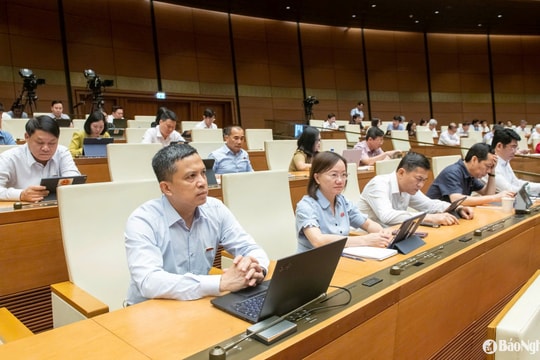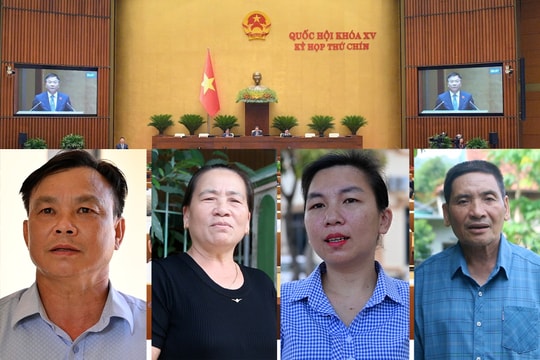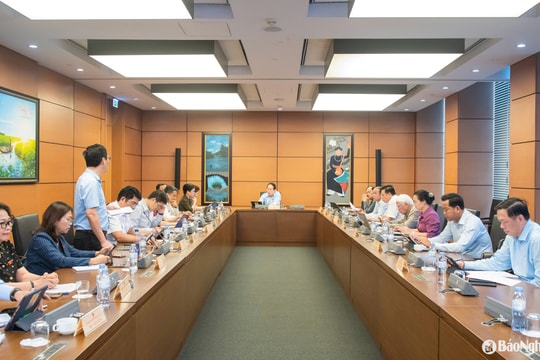National Assembly delegates from Nghe An discuss the draft Law on Digital Technology Industry
On the afternoon of May 9, continuing the 9th Session, the 15th National Assembly discussed in the hall a number of contents with different opinions of the draft Law on Digital Technology Industry.
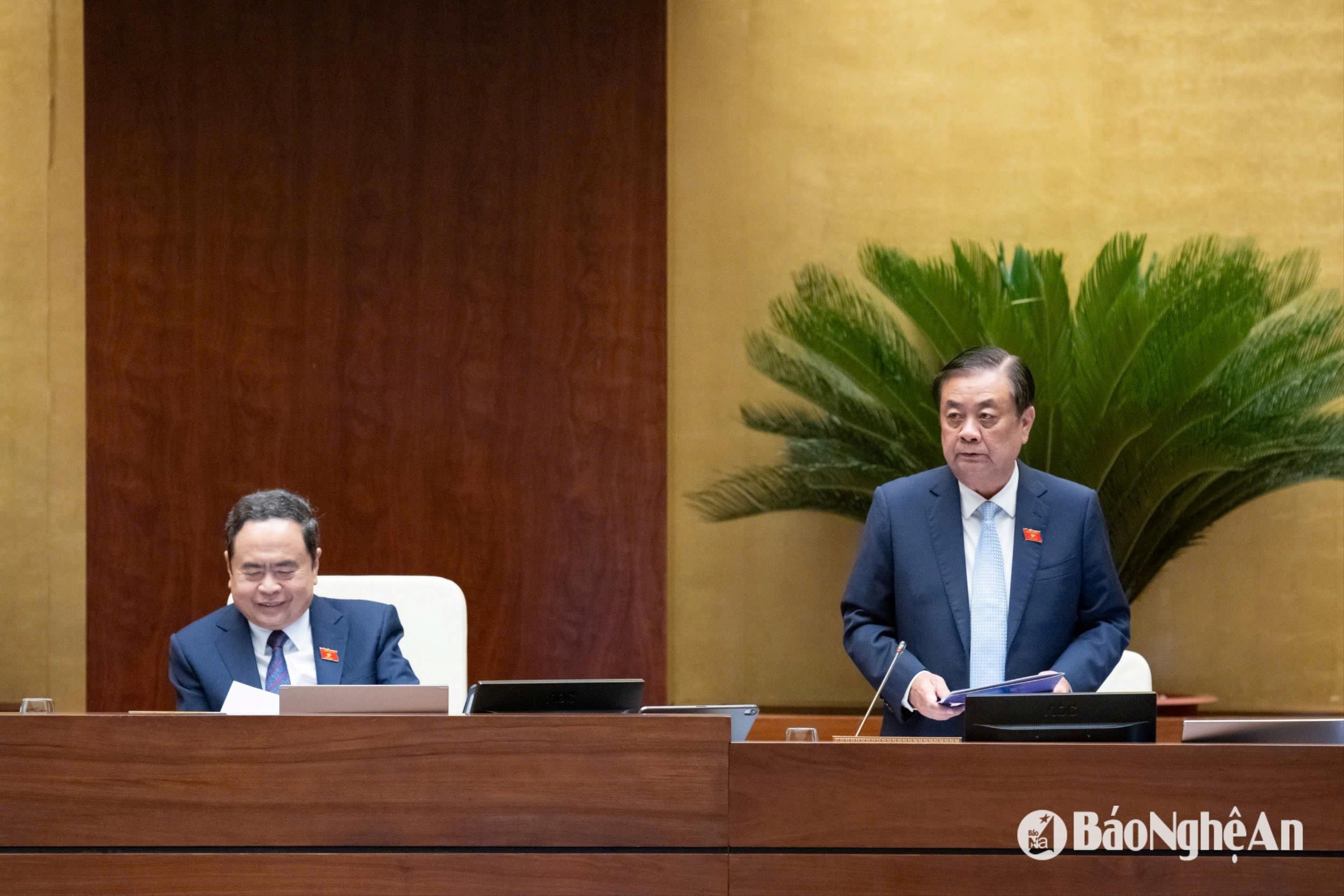
Participating in the discussion, Ms. Nguyen Van Chi - Deputy Head of the Economic and Financial Committee of the National Assembly, delegate of Nghe An delegation, assessed that the Law on Digital Technology Industry is a new law, with high technical expertise, deeply related to many other specialized laws.
Delegate Nguyen Van Chi expressed his agreement with some previous opinions in the current draft law, which contains many references and amendments to other laws being considered by the National Assembly at this session. Therefore, to ensure consistency and feasibility in implementation, the delegate suggested that the drafting agency should continue to review and unify the amendment plan in each specific specialized law.
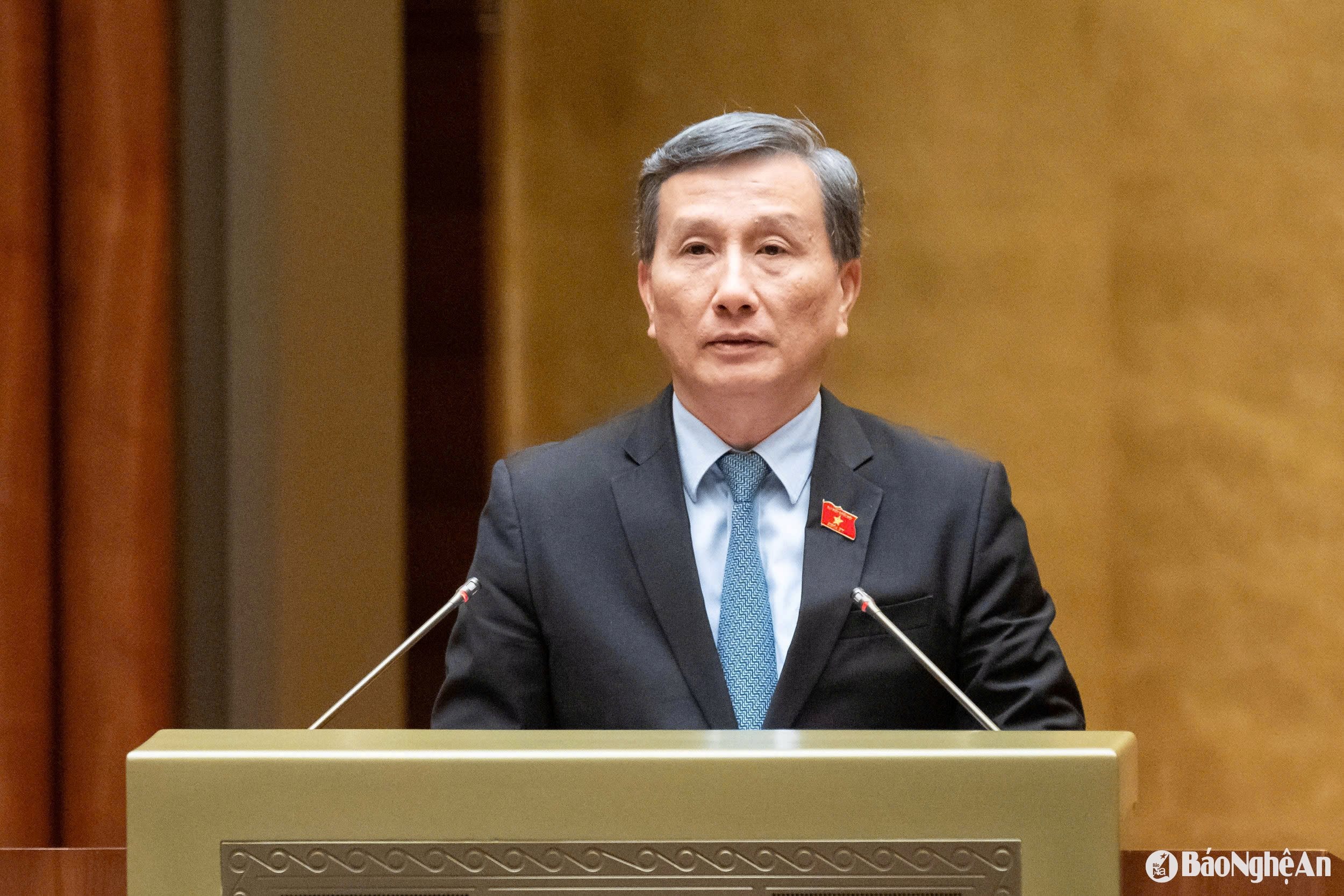
Giving specific comments on the relationship between the draft Law on Digital Technology Industry and the Law on Corporate Income Tax, delegate Nguyen Van Chi said: The Standing Committee of the Economic and Financial Committee has actively coordinated with the drafting agency in the process of completing the draft Law on Corporate Income Tax. This draft has absorbed many contents related to science and technology development policies in the spirit of Resolution 57 of the Politburo, while simultaneously approaching the draft of related laws such as: Law on Digital Technology Industry, Law on Science, Technology and Innovation.
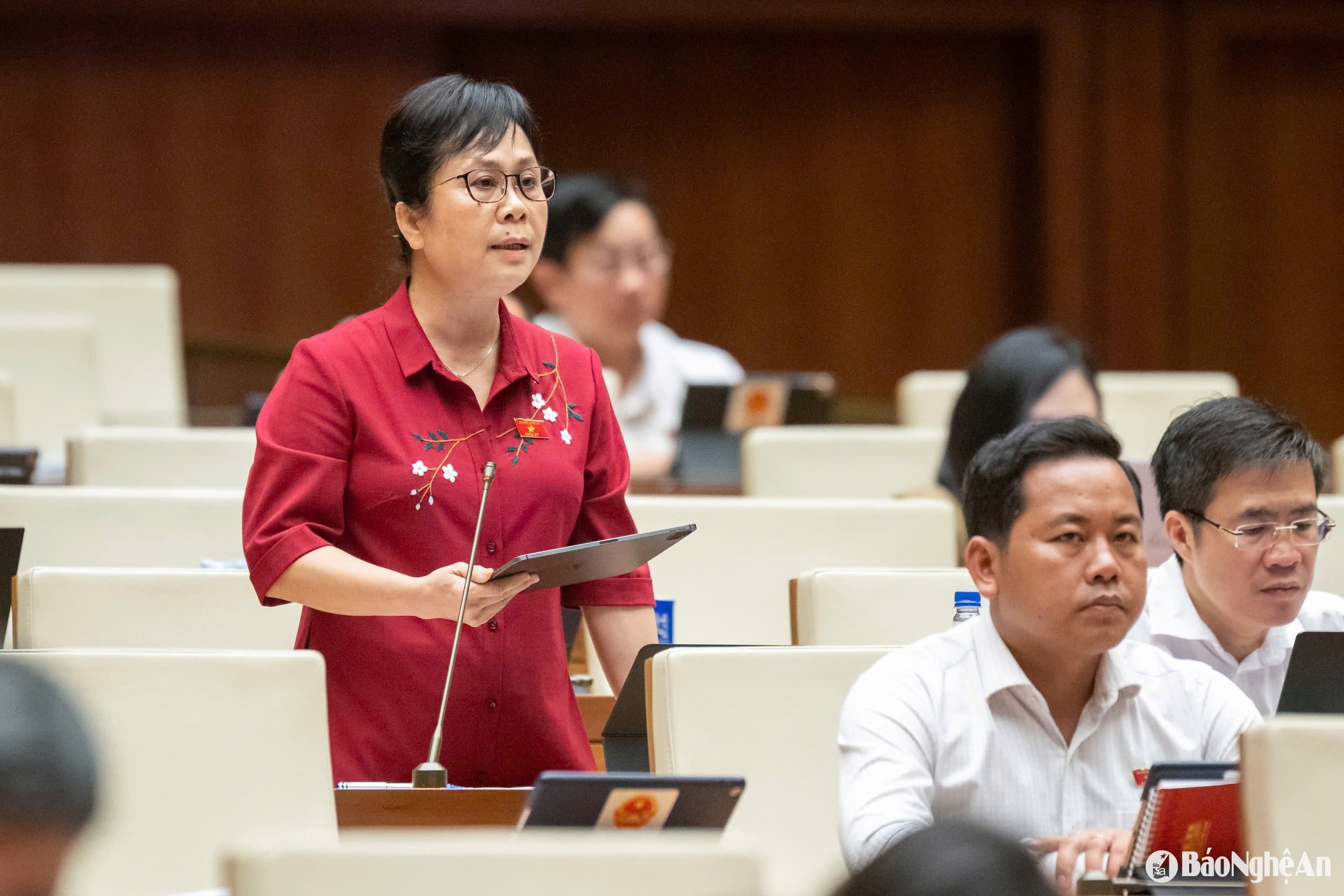
However, when comparing with the draft Law on Digital Technology Industry, delegates found that there are still contents directly regulating corporate income tax policies, specifically preferential mechanisms for the semiconductor industry.
For example, the draft proposes that semiconductor chip design projects that meet the criteria for research and development, training, and use of Vietnamese human resources as prescribed will be entitled to a 50% reduction in corporate income tax payable on the enterprise's income from project implementation within the first 15 years from the date of issuance of the Enterprise Registration Certificate or the first Investment Registration Certificate.
Or the expenses of enterprises for infrastructure investment including factories, production lines, machinery and equipment are counted as deductible expenses when determining taxable income of enterprises at 150% of actual expenses within 5 years from the date the investment project is approved. For small and medium enterprises, this expense is calculated at 200% of actual expenses.
.jpg)
According to delegate Nguyen Van Chi, such investments are essentially investments in fixed assets, not normal research and development costs. Meanwhile, the draft Law on Corporate Income Tax is being developed in the direction of only allowing the application of a higher deductible expense level than the actual level for research and development costs, not for fixed assets.
A notable point is that both draft laws: the Law on Digital Technology Industry and the Law on Corporate Income Tax are stipulating that in case of conflicts between laws, “this law shall apply”. This leads to legal conflicts, causing many difficulties in the implementation process later.
.jpg)
Sharing the view of the drafting agency of the Corporate Income Tax Law this time, which is to synthesize all tax incentives from specialized laws into one focal point in tax laws, delegate Nguyen Van Chi suggested that tax-related contents should be brought back to the correct tax laws to ensure consistency.

